The lifetime ban on jury duty for convicted felons perpetuates stigma and discrimination against individuals who have been convicted of a felony, and also undermines the principles of fairness and impartiality that are essential to our jury system. That’s why we are proud to support New York State Senate Bill S206A that removes the lifetime ban on jury duty for convicted felons and suspends jury service during the period of incarceration.
This bill recognizes that serving on a jury is a civic duty and a fundamental right, and that all citizens should have an equal opportunity to participate in the jury system. It also acknowledges that individuals who have been convicted of a felony are not inherently less trustworthy or impartial than any other citizen, and that they should not be automatically excluded from the jury pool. By removing the lifetime ban on jury duty for convicted felons and suspending jury service during the period of incarceration, we can help to promote a more inclusive and fair jury system.
We believe that this bill is an important step towards creating a more just and equitable criminal justice system. By removing barriers to jury service for convicted felons, we can help to break down the stigma and discrimination that they often face, and promote their full reintegration into society. We can also help to strengthen the integrity and fairness of our jury system, by ensuring that all citizens have an equal opportunity to participate.
S206A
An act to amend the judiciary law, in relation to removing the lifetime ban on jury duty for convicted felons; and to repeal certain provisions of such law related thereto
To remove the lifetime ban on jury duty for people convicted of felonies who have completed any term of incarceration.
Section 1 states that subdivision 3 of section 510 of the Judiciary law shall be amended to change a qualification for jury duty, namely changing it from a categorical prohibition on people with felony convictions serving on juries to permit people with felony convictions to serve on a jury if they have completed any term of incarceration.
Section 2 provides immediate effect.
Currently, if someone is convicted of a felony, that person is banned for life from serving on a jury duty.
Jury service is a cornerstone of our democratic system. The jury may be a different institution from the ballot box, but their democratic character and their quintessential activity of voting is the same. Founding era historian Alexis de Tocqueville recognized that in America, jury service was essential to citizenship in a self-governing free society as “both the most effective way of establishing the people’s rule and the most efficient way of teaching them how to rule.” In New York, the importance of the jury system as an institution of democratic control of the administration of justice pre-dates both the federal and state constitutions. In the celebrated 1735 case of John Peter Zenger, a New York jury thwarted the attempt of the colonial government to prosecute a publisher for seditious libel for printing articles critical of the governor. Gouverneur Morris, a New Yorker who was the “Scrivener of the Constitution,” described Zenger’s case as “the germ of American freedom, the morning star of that liberty which subsequently revolutionized America.” Prior to the adoption of the United States Constitution, New York’s 1787 Bill of Rights protected the right to trial by a jury of one’s peers.
People with felony convictions are as capable of serving as jurors as any other group of citizens. Current law permanently excluding them jury service relies upon unsupported stereotypes about the moral character and fitness of people convicted of felonies. These stereotypes are doubly inappropriate in Manhattan, given its history of racialized policing and prosecution. New York’s voir dire process already provides for individualized screening of prospective jurors in civil trials, in criminal trials, and on grand juries. Moreover, New York law does not categorically bar from jury service people whose convictions or conduct more directly implicates an individual’s fitness for jury service. For example, a person can still serve on a jury in New York if they have been convicted of tampering with a juror in the first degree, a misdemeanor conviction that includes a finding of “communicating with a juror” with “intent to influence the outcome of an action or proceeding.” For further examples, people found liable for civil fraud, disbarred lawyers, and officials who have lied to the public and even courts remain eligible for jury service as long as they have not been criminal prosecuted for their dishonesty and convicted of a felony. These categories of people are not banned from jury service; instead, New York law relies on voir dire to determine whether these people should serve on a jury.
Twenty-one states and the District of Columbia either never exclude people with felony convictions from jury service or provide for automatic restoration of eligibility after a set time. Maine does not ever bar otherwise-eligible citizens from jury service because of a criminal conviction. Indiana and North Dakota exclude incarcerated citizens, but otherwise permit jury service regardless of conviction record. Alaska, Illinois, Idaho, Iowa, Minnesota, Montana, New Mexico, North Carolina, Ohio, Rhode Island, South Dakota, Washington, and Wisconsin exclude citizens with felony convictions only during the term of sentence. Illinois, Idaho, and Iowa permit citizens with felony convictions to serve after they complete their sentence but permit for-cause challenges based on the fact of conviction. Finally, Connecticut, Kansas, Massachusetts, Nevada, Oregon, and the District of Columbia each exclude citizens with felony convictions for the duration of their sentences and then only for a finite time period after the completion of sentence.
Ending the permanent ban on jury service by people with conviction histories will serve the interests of justice by increasing the size and diversity of the jury pool, as well as the quality of deliberations. Given the long history of racially-disparate criminal law enforcement, as the New York State Bar Association’s Special Committee Consequences of Criminal Proceedings recognized about criminal record-based jury disqualification in 2006, “it is impossible to argue that these restrictions do not impact the racial composition of the jury pool.”
Over three decades ago, the New York State Judicial Commission on Minorities (now, the Franklin H. Williams Judicial Commission) found as part of comprehensive three-and-half year study that “minorities are significantly underrepresented on many juries in the court system,” and there “is reason to believe that minority underrepresentation affects jury outcomes in ways that disadvantage minority litigants.” The systematic underrepresentation of New Yorkers of color in jury pools reduces public confidence in jury verdicts and the legal system generally. Extensive academic research supports the conclusion that more diverse juries enhance the quality of deliberations and confidence in the legal system.
Moreover, the provision of the Judiciary Law that this bill repeals is currently the subject of a federal lawsuit alleging that the categorical exclusion of people convicted of felonies from jury service is unconstitutional as applied in New York County. The pending lawsuit, Justin v. Tingling states that decades of racially-biased policing and prosecutorial practices results in the exclusion from jury service more than one out of every of four otherwise jury-eligible Black residents of New York County and the underrepresentation of Black people, and particularly Black men, from the New York County jury pool.
Ending the permanent disqualification serves this state’s interest in the successful rehabilitation and reintegration of people with felony convictions. In recently enacting legislation to restore the right of electoral suffrage to people automatically upon release from prison, New York recognized that “facilitating reentrance in the voting process should be an essential component of rehabilitation and reintegration” and contributes to the goal of “preventing individuals from straying from the confines our laws and society’s norms.” The same is true of jury service. Moreover, automatic restoration of jury-eligibility upon release from incarceration will standardize the process by which this critical right is restored and reduce confusion among people with conviction histories over how to respond to juror questionnaires and summonses. At present, people with felony convictions are not only required to disclose their convictions in response to a questionnaire, but to provide sufficient documents of conviction to prove their ineligibility. This legislation will reduce the burden on both prospective jurors and jury commissioners by reducing the paperwork required concerning jury-eligibility.
2019-20: S.221A/A4760-A:-.Passed Senate Judiciary Committee, Passed
Senate Floor
2021-22: S.8065/A.2377
None
None
Immediate.
Please reach out to your local representatives to commend their support for these crucial pieces of legislation.
Your VOICE counts. Help us build safe and welcoming communities for all.
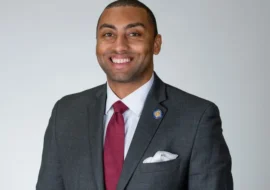
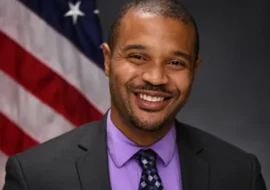




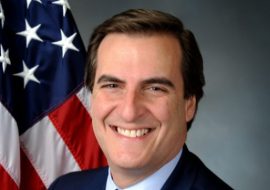

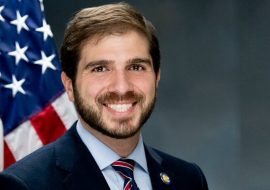











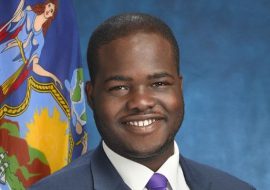
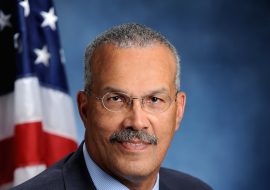
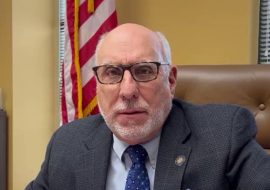








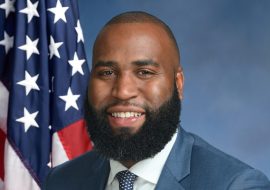



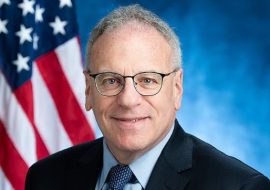



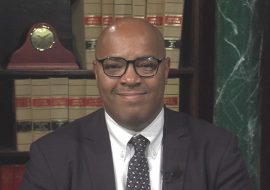
















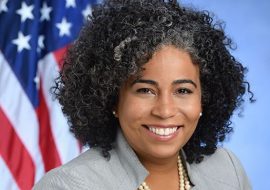


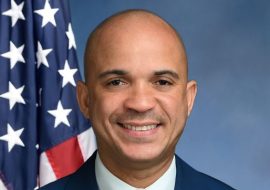













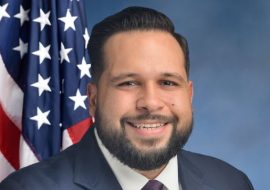


At Policy, Inc., we are committed to advocating for policy solutions that will address these issues and promote justice and equity in South East Queens.
Copyright © 2024 Policy Inc All Rights Reserved
Website was created by C&P Creative
establishes legislative intent
establishes procedures and parameters for sealing criminal convictions.
establishes requirements for sealed records.
establishes authority to promulgate forms, procedures, and processes for the sealing of records.
incorporates records sealed under this legislation into exist-ing prohibitions against discrimination.
address sealing of corrections records.
establishes a private right of action.
establishes severability.
the effective date.